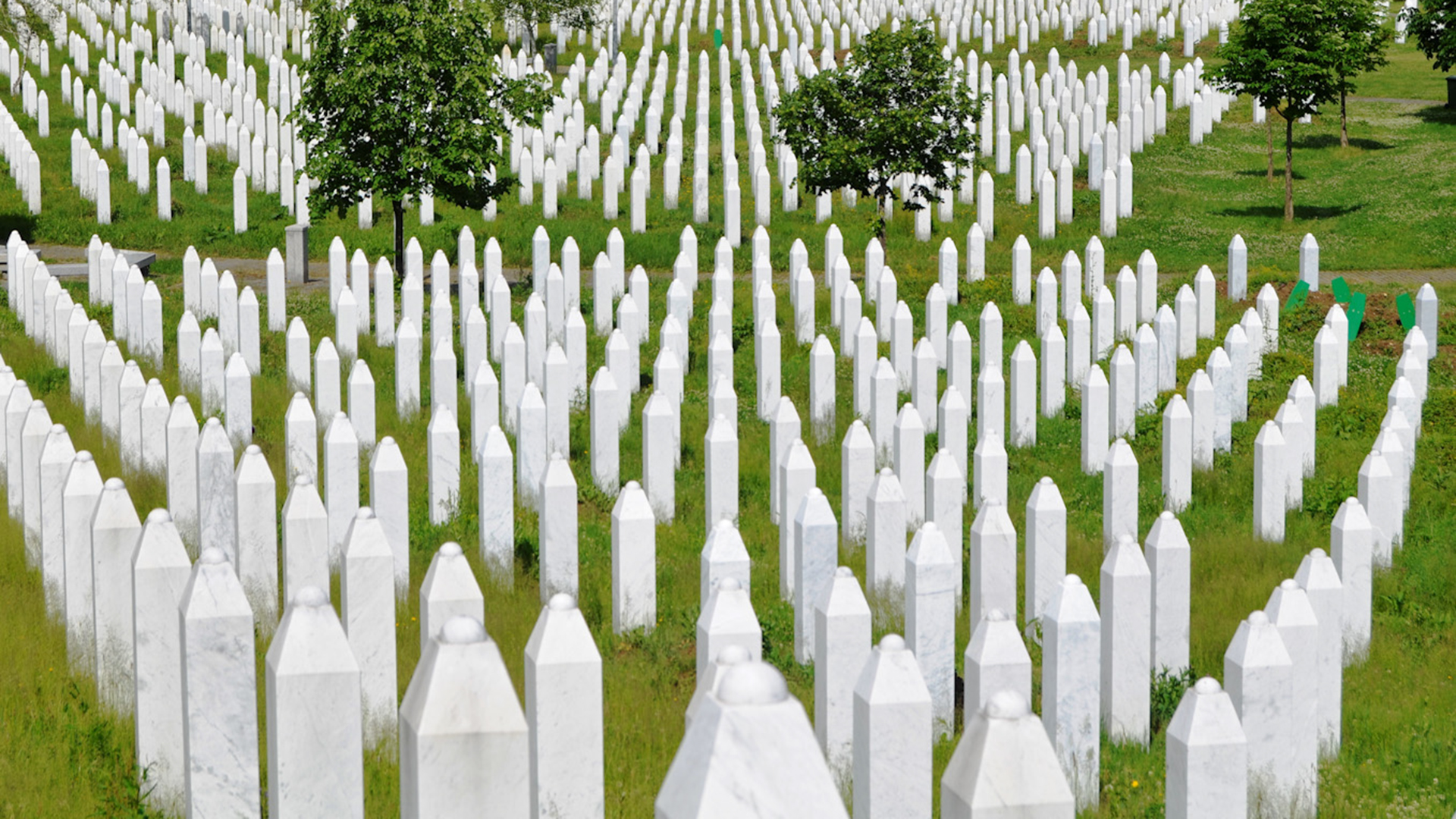
Never again, but nothing has changed
Remembering Srebrenica in the midst of increasing hate speech.
Serbia’s Prime Minister, Ana Brnabić, has also denied that genocide occurred at Srebrenica.
As we reflect on the genocide at Srebrenica we must focus on more than just expressing regret for past failings.

Aidan Hehir
Aidan Hehir is a Reader in International Relations at the University of Westminster. His research interests include transitional justice, humanitarian intervention, and statebuilding in the Balkans. He is the author/editor of eleven books and co-editor of the Routledge
Intervention and Statebuilding book series. In 2022 his novel “The Flowers of Srebrenica” was published by Qendra Multimedia.
DISCLAIMERThe views of the writer do not necessarily reflect the views of Kosovo 2.0.
This story was originally written in English.